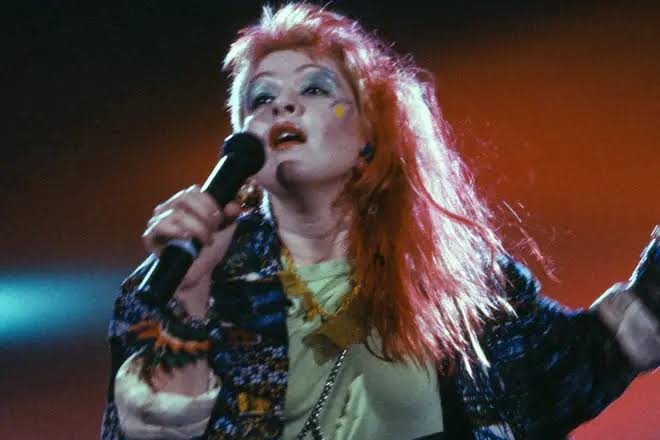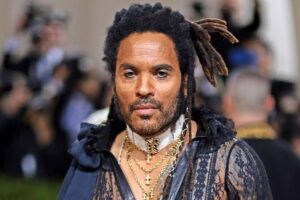Netflix Have Officially Release New Documentary Series on Legendary Mark sheehan..
Netflix has officially announced the release of an exciting new documentary series centered around the life and career of legendary musician Mark Sheehan, best known as the guitarist and co-founder of the acclaimed Irish rock band, The Script. The series, titled “Mark Sheehan: The Sound of a Legend,” promises to take viewers on an intimate journey through the life of an artist who has not only shaped contemporary music but has also become an influential figure in the industry.
Mark Sheehan, born on October 29, 1976, in Dublin, Ireland, became a household name with The Script, which was formed in 2001. The band captured the hearts of millions with their unique blend of pop, rock, and soul, producing chart-topping hits like “Breakeven,” “Hall of Fame,” and “Superhero.” The documentary series will delve deeply into the creative process behind the band’s music, as well as the personal struggles and triumphs that Mark faced throughout his career.
This documentary is set to feature never-before-seen footage, revealing the behind-the-scenes moments that shaped the band’s dynamic and music. Fans will be treated to exclusive interviews with bandmates Danny O’Donoghue and Glen Power, along with insights from influential figures within the music industry who have crossed paths with Sheehan over the years. The series also aims to highlight Mark’s contributions as a songwriter, showcasing his skill in crafting poignant lyrics and memorable melodies.
Beyond the music, the series will explore Mark’s personal life, touching on themes of friendship, family, and resilience. Viewers will gain a deeper understanding of his motivations and the experiences that have driven him as both an artist and a person. As his stories unfold, the series will celebrate his achievements while addressing the challenges he has faced in an ever-evolving music landscape.
“Mark Sheehan: The Sound of a Legend” is not just a tribute to the man himself but also a broader commentary on the power of music to connect people and inspire change. As anticipation builds, fans and music lovers alike are eager to tune in and rediscover the legacy of Mark Sheehan, whose work continues to resonate across generations. The series is expected to premiere on Netflix later this year, promising to captivate audiences with its compelling storytelling and rich musical heritage.














Post Comment